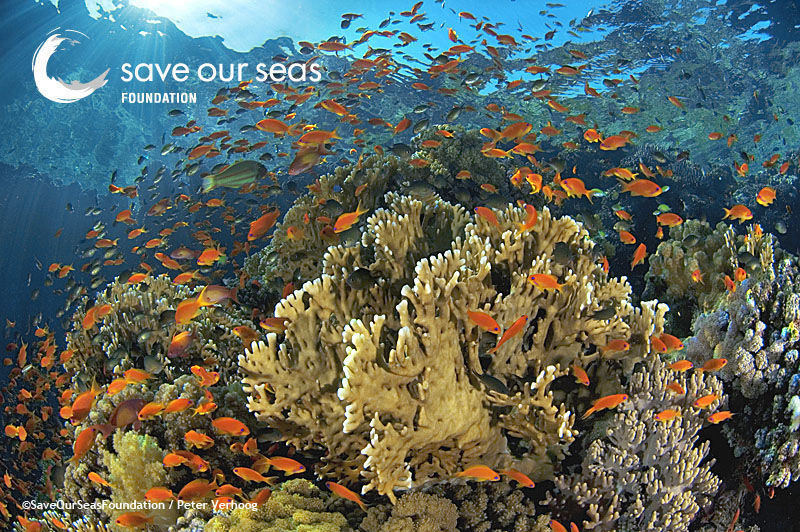Jason Hall-Spencer on Ocean Acidification Research (Vancouver, February 18, 2012)
Often called the “evil twin” of climate change, ocean acidification results from fairly simple chemistry and yet has significant implications for marine species and ecosystems. While scientists have resolved the details of many of the physical and chemical processes related to ocean acidification, they have not yet built a parallel understanding of the future of marine ecosystems in a more acidic ocean. Acidification clearly interferes with the ability of some marine species to build shells and develop normally, but how do these changes in individuals translate to changes in populations, food webs, and entire ecosystems through both direct and synergistic processes? Save Our Seas Support Scientist Jason-Hall Spencer of the University of Plymouth, UK, is an acclaimed expert in this field. During the Annual Meeting of Advanced Science, Serving Society (AAAS), on February 18th, 2012, he will present the results of his last two papers on this intriguing subject. Following his paper in the prestigious Nature Magazine, he presents a new paper “Responses of marine benthic microalgae to elevated CO2” (Johnson and al. 2011).
More information on this and the Annual Meeting of AAAS can be found at
the website of AAAS.
Read more about Jason Hall-Spencer’s SOSF supported project here

